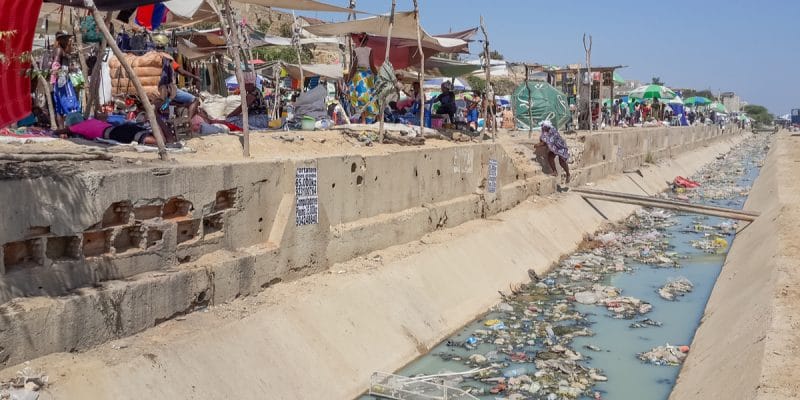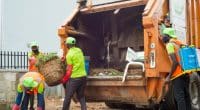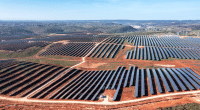The Senegalese government and the Global Green Growth Institute (GGGI) have just launched an anti-waste communication campaign in Tivaouane, a council in western Senegal. This is the effective start of the Plastic Waste, Wastewater and Waste Electrical and Electronic Equipment (WEEE) Management Project in Senegal's secondary towns.
Since November 23rd, 2020, the populations of Tivaouane, a council located in the west of Senegal, have been witnessing a communication campaign on the advantages of sustainable waste management. For almost a month, mobile units made up of ministry agents, posters and the media will be used to spread the message. “It is about forging the image of a new Senegal; a Senegal that is cleaner in its neighbourhoods, cleaner in its villages, cleaner in its cities; in a word, a “Zero Waste” Senegal,” explained Abdou Karim Sall, the Senegalese Minister of Environment and Sustainable Development, at the launch of the campaign.
This campaign is the first stage of the Plastic Waste, Waste Water and Waste Electrical and Electronic Equipment (WEEE) Management Project, launched on June 27th, 2020 by videoconference, by the Senegalese government in partnership with the Global Green Growth Institute (GGGI). Financed by the Grand Duchy of Luxembourg to the tune of 3 million euros, this project is being extended over a period of 4 years and will result in the creation of 700 green jobs. The aim of the project is to support Senegal in promoting green cities and contribute to improving the living conditions of the population through the sustainable management of urban waste in the three cities, including Dakar, Touba and Tivaouane.
Created on February 16th, 2010 in Rio de Janeiro, GGGI is an international organisation that promotes green growth, a growth paradigm characterised by a balance between economic growth and the environment. It implements programmes in 38 partner countries, providing technical support, capacity building, planning and implementation of green and bankable policies and investment projects. Currently, the organisation has 7 member states in Africa (Angola, Burkina Faso, Ivory Coast, Ethiopia, Rwanda, Senegal, Uganda).
Boris Ngounou







